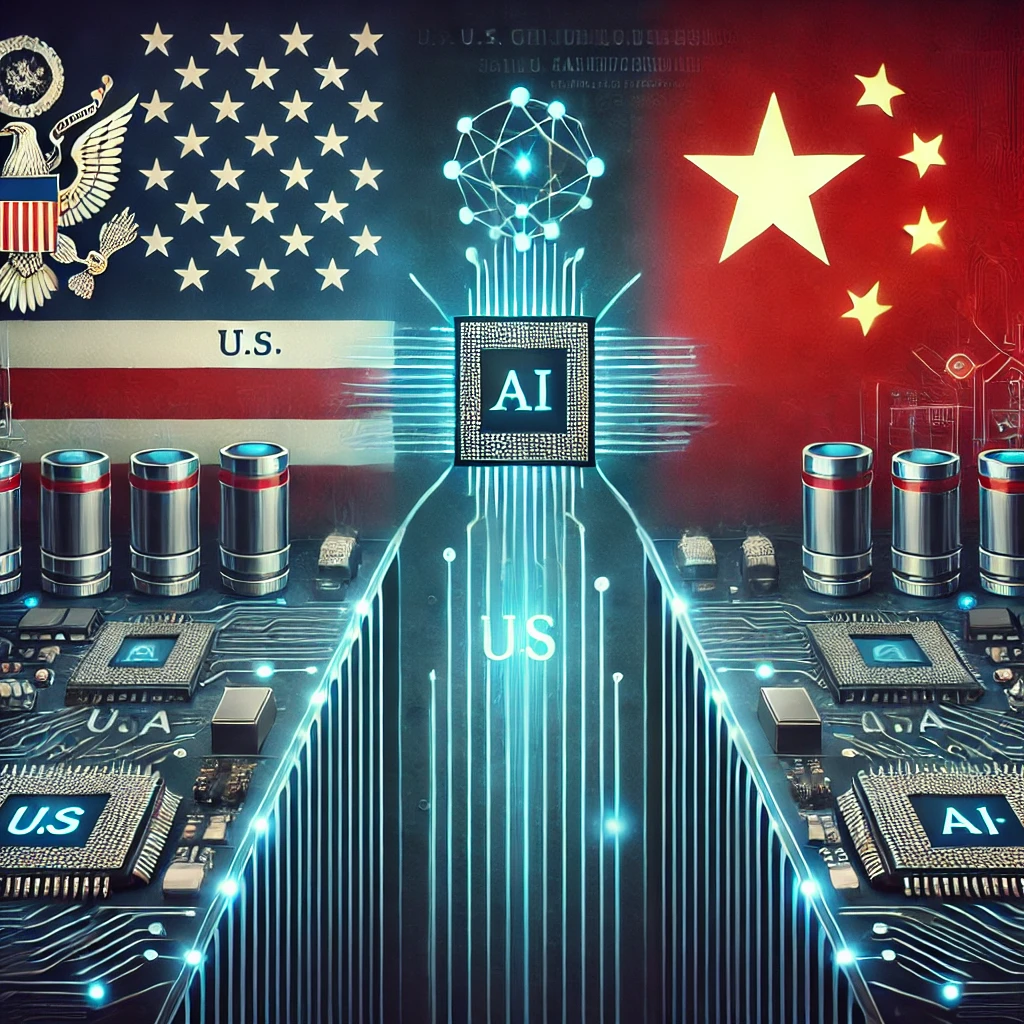The U.S. government is preparing to introduce new rules restricting American investments in China’s artificial intelligence (AI) sector. These regulations are under final review and are expected to be published soon, reflecting a significant step in curbing the flow of sensitive technologies that could potentially support China’s military capabilities.
Key Highlights
- Targeted Technologies: The new rules will restrict investments in AI, semiconductors, microelectronics, and quantum computing. These areas have been identified as critical sectors where U.S. expertise could inadvertently benefit China’s defense and strategic ambitions.
- Notification Requirement: U.S. investors will also be required to notify the Treasury Department about certain investments in these technologies. This step ensures more transparency and oversight, preventing U.S. companies from unintentionally supporting adversarial activities.
- Executive Order Background: The restrictions stem from an executive order signed by President Biden in August 2023, aiming to prevent American know-how from aiding China’s military advancements.
Final Review Underway
According to a recent government notice, the Office of Management and Budget (OMB) is in the final stages of reviewing the regulations, hinting at their imminent release. Historically, such reviews signal that the rules will likely be announced within the next few weeks, possibly before the upcoming U.S. presidential election on November 5, 2024.
Former Treasury official Laura Black commented, “It looks like they’re trying to publish this before the election.” Black, who currently practices law at Akin Gump in Washington, added that there is usually a 30-day window before such regulations are enacted, allowing businesses to prepare for compliance.
What Do the Rules Entail?
The proposed rules, initially published in June, outline restrictions on U.S. investments in AI for specific applications, particularly those involving systems trained using a substantial amount of computing power. Investors are required to notify authorities about transactions related to the development of AI systems and semiconductors that do not fall under direct prohibitions.
Exemptions and Clarity
Certain investment activities are exempt from these restrictions. These include publicly traded securities like index funds or mutual funds, specific limited partnership investments, and some syndicated debt financings. It is expected that the final rules will provide further clarification on these exemptions and the scope of activities covered under the regulations.
Broader Implications
These regulations are part of a broader U.S. strategy to safeguard national security by restricting the transfer of sensitive technologies to adversarial nations. By curbing outbound investments, the U.S. aims to prevent the enhancement of China’s AI and technology capabilities, which could pose risks to global security. The upcoming regulations will also address concerns over U.S. capital indirectly supporting technological advancements in China’s military sector.
Takeaway
As the U.S. moves closer to implementing these new rules, companies and investors are advised to stay informed and prepare for compliance. The final regulations will not only have a direct impact on U.S.-China trade relations but will also set a precedent for how nations approach tech investments in a rapidly evolving global landscape.


